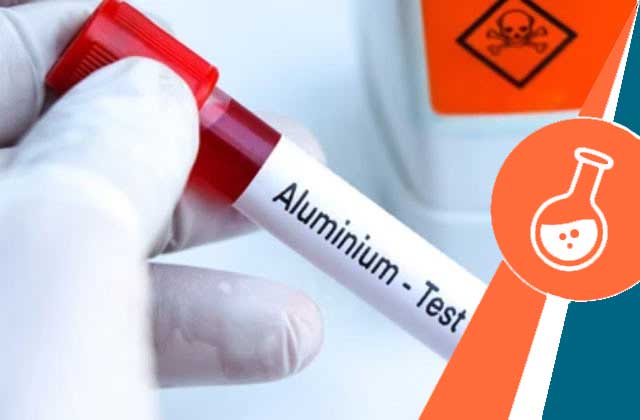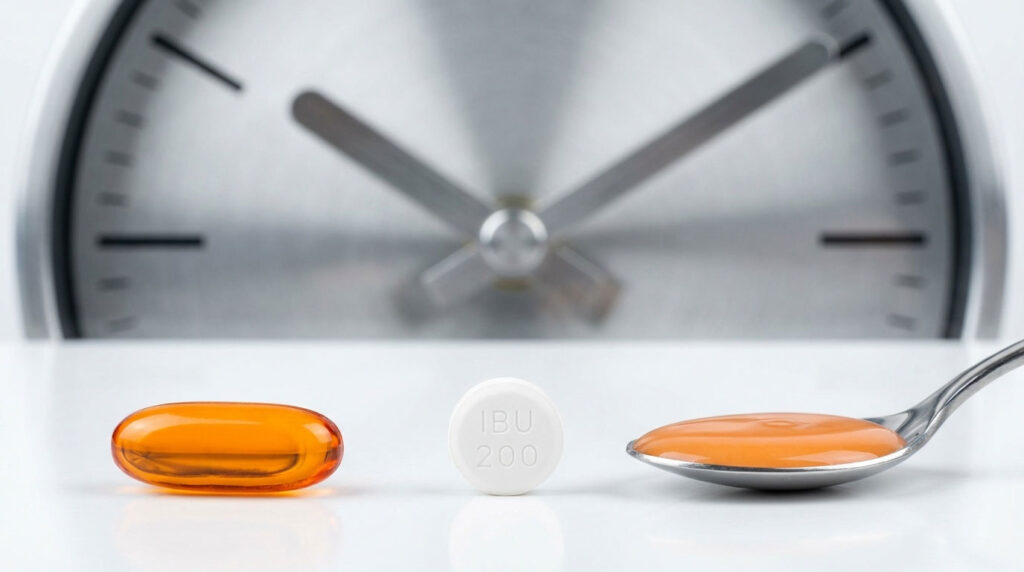Aluminium Blood Test and its Function
The function of measuring aluminium levels in such cases is to evaluate the extent of exposure or to assess the potential for aluminium toxicity. High levels of aluminium in the body can be associated with certain health conditions, including kidney dysfunction, bone disease, and neurological disorders.
Conditions that may require Aluminium Blood Test
While aluminium blood tests are not routinely performed in general health assessments, there are certain circumstances where a healthcare professional may consider conducting an aluminium blood test to assess aluminium levels in the body. These circumstances include:
- Occupational Exposure: Workers in industries where there is potential exposure to aluminium, such as aluminum production, mining, or welding, may undergo aluminium blood testing to monitor their levels of exposure.
- Renal Dysfunction: Aluminium toxicity can affect kidney function, particularly in patients with chronic kidney disease or those receiving long-term hemodialysis. In such cases, an aluminium blood test may be performed to assess the aluminium burden and its potential impact on kidney function.
- Suspected Aluminium Toxicity: In rare cases, when there is a strong suspicion of aluminium toxicity due to excessive exposure or ingestion of aluminium-containing products, a healthcare professional may consider an aluminium blood test to evaluate the extent of aluminium accumulation in the body.
- Neurological Disorders: Some studies have suggested a potential association between elevated aluminium levels and neurological disorders like Alzheimer’s disease. In certain research or clinical settings, aluminium blood testing may be conducted as part of investigative studies or to explore potential links between aluminium and neurological conditions.
Aluminium Blood Test Procedure
The Aluminium Blood Test is performed by drawing a blood sample from a vein in your arm. Our phlebotomist, will clean the site with an antiseptic and apply a tourniquet to make the veins more visible. He will then insert a sterile needle into a vein and collect the required amount of blood into a collection tube.
Interpreting Aluminium Blood Test Results
- Aluminium Toxicity: Elevated levels of aluminium in the blood may indicate aluminium toxicity, but interpretation can be challenging. High aluminium levels can occur due to excessive exposure or impaired elimination, such as in individuals with kidney dysfunction. However, the correlation between blood aluminium levels and toxicity is not straightforward, and symptoms and clinical context must be taken into account.
- Clinical Symptoms: The interpretation of aluminium blood test results should be done in conjunction with a person’s clinical symptoms and medical history. High levels of aluminium alone may not necessarily indicate toxicity, as symptoms are often more relevant in assessing the presence of aluminium-related health effects.
- Exposure History: Consideration of an individual’s exposure history to aluminium is crucial. Occupational exposure, use of certain medications or antacids containing aluminium, or exposure through other sources should be evaluated in order to better interpret the significance of the test results.
- Other Diagnostic Tests: Aluminium blood tests are not the sole diagnostic tool for aluminium-related health conditions. Other diagnostic tests, such as imaging studies or assessment of cognitive function, may be necessary to evaluate potential aluminium-related effects on organs or cognitive abilities.
Treatment for High Aluminium levels
The first step is to identify and eliminate the source of aluminium exposure. This may involve avoiding or minimizing contact with aluminium-containing products, changing occupational settings, or making environmental modifications to reduce exposure. If high aluminium levels are associated with an underlying medical condition, such as kidney dysfunction or a specific disease, treatment will focus on managing and treating that condition. This may involve medication, lifestyle modifications, dietary changes, or other appropriate interventions.
More Related Tests
Why To Book with HealthCareOnTime

17 Crores+ Samples Processed

World Class Technology Labs

25+ Years of Trust & Experience

Free Home Collection
FAQs Around Aluminium Test
How much does Aluminium Test cost?
The Aluminium Test cost is Rs.1300, although it is now available for Rs.970 because of the offer.










